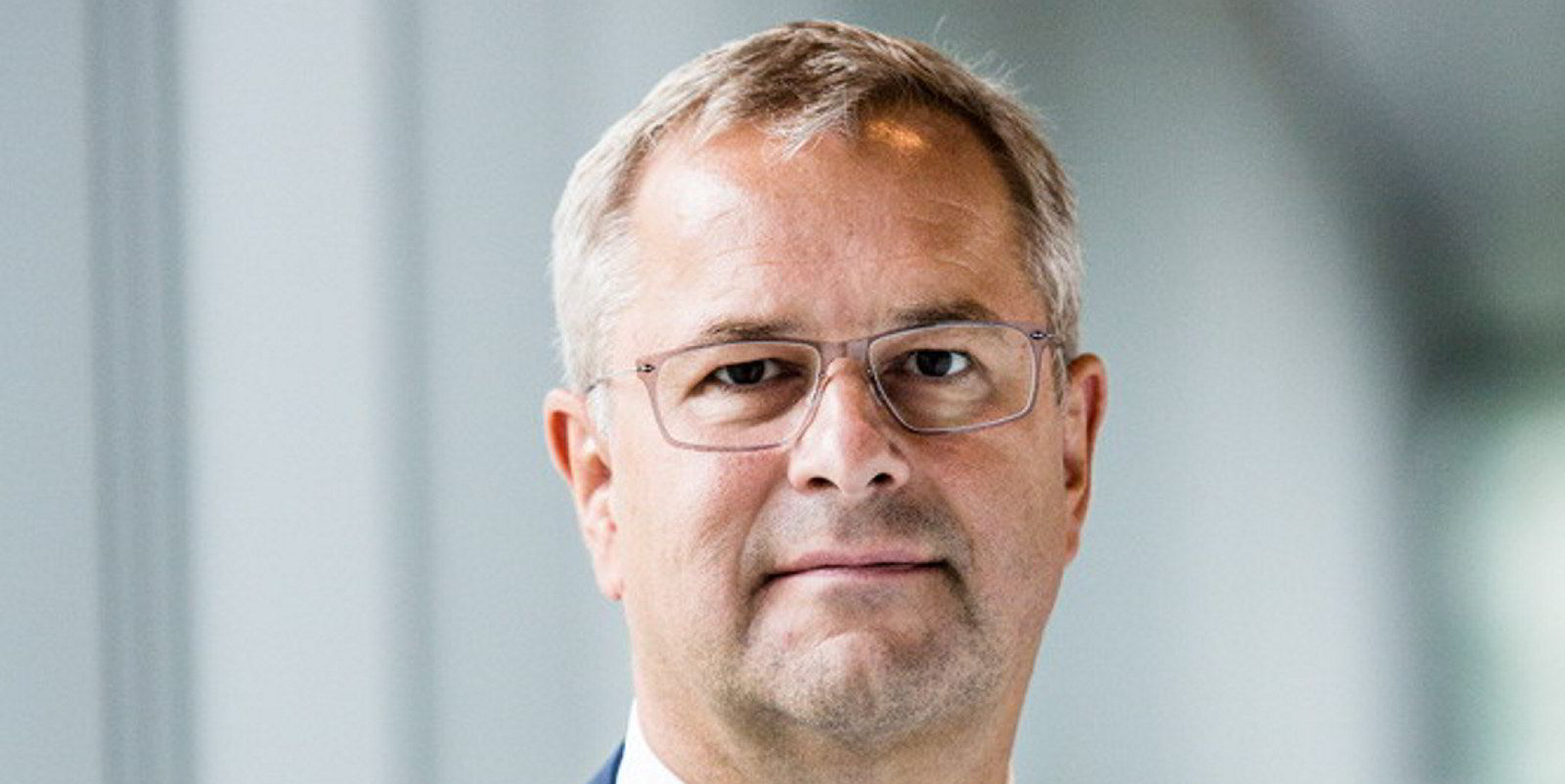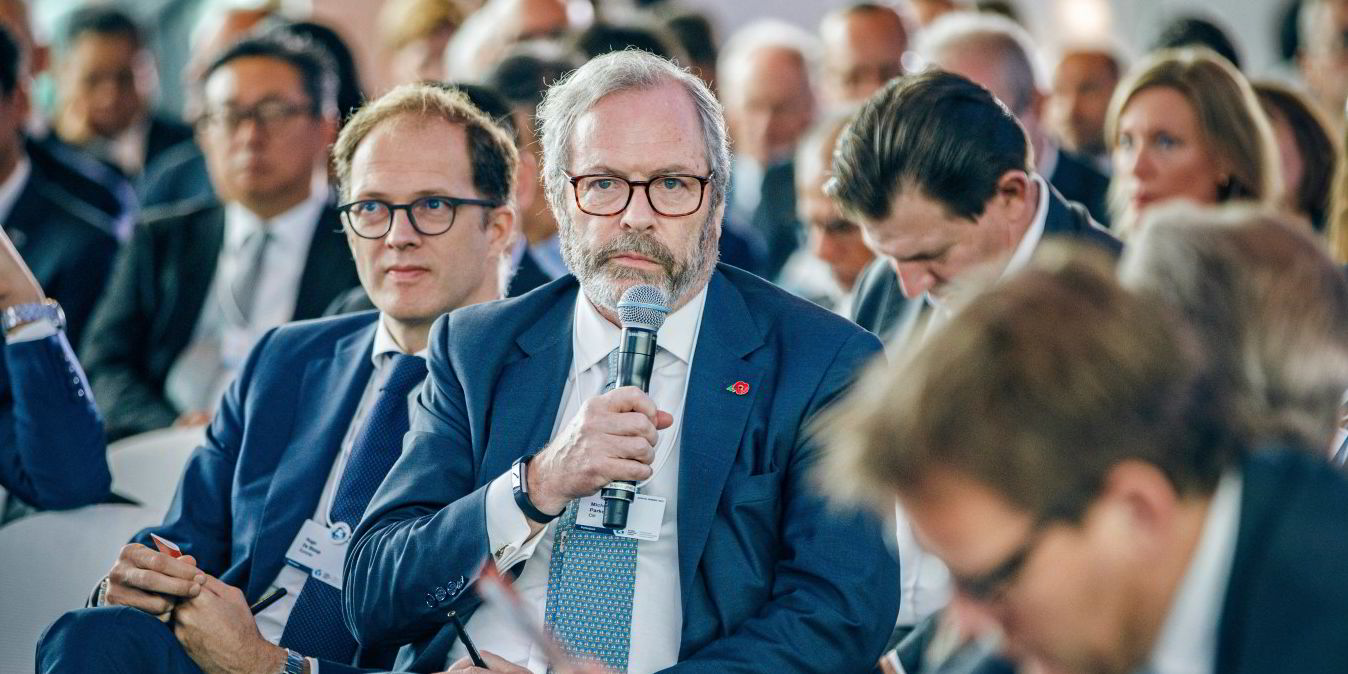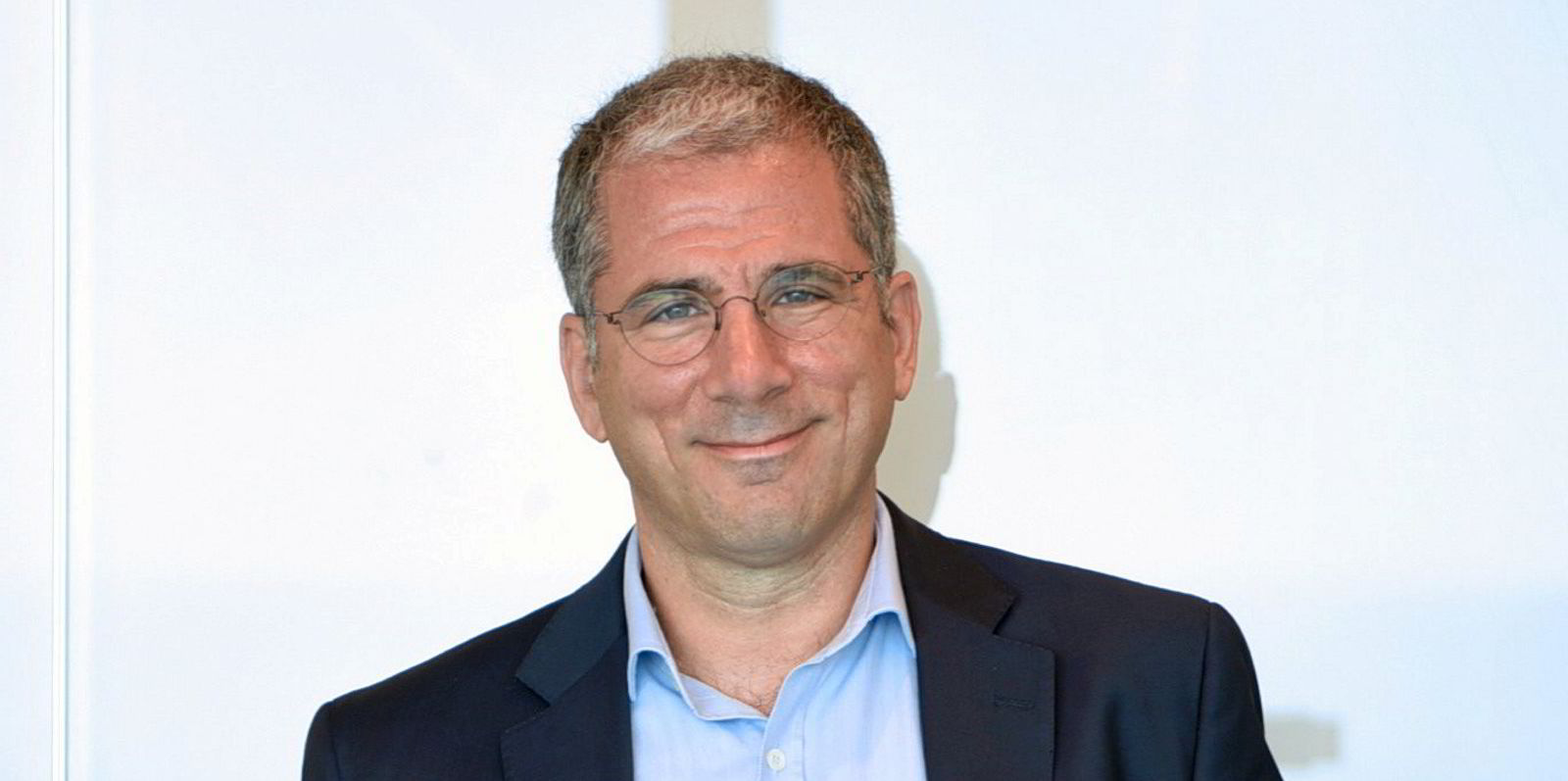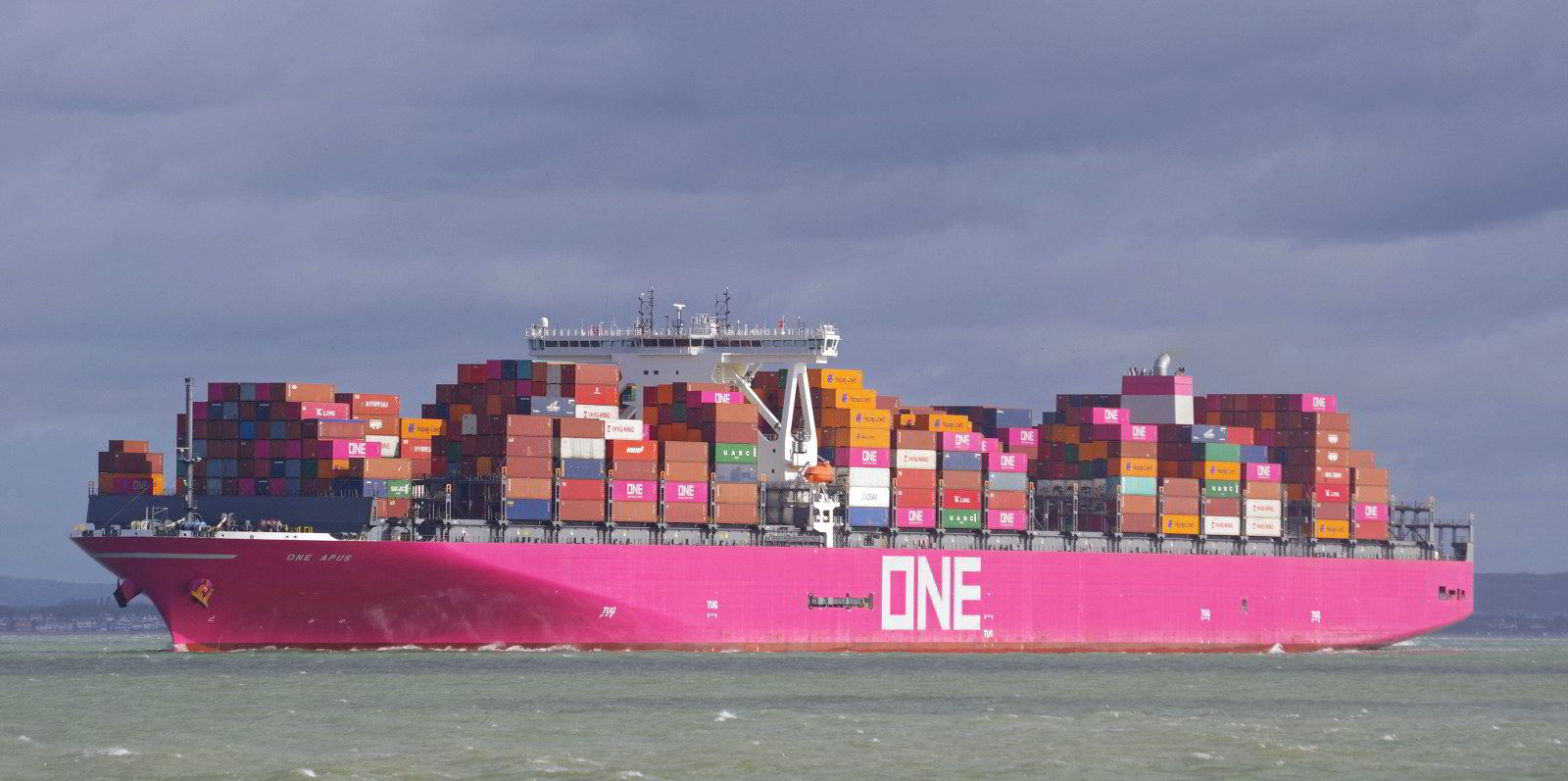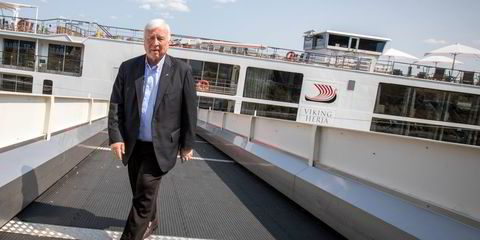AP Moller-Maersk has topped a list of a dozen liner operators ranked according to their green credentials.
Poland's Gliese Foundation said the Danish container giant "belongs to a different dimension" to its rivals in its ranking of their environmental, social and corporate governance record.
Maersk's sustainability report tops the list of largest carriers with 4.9 stars out of five on environmental reporting.
The carrier came first "because it not only reports on its actions during 2019, but it also presents a vision for 2030 and 2050", Gliese said.
Maersk's score comes marginally higher than second-placed Evergreen Marine with 4.75 stars.
The two companies are the only carriers "reporting on climate change adaption beyond the most traditional reporting on climate change mitigation", Gliese said.
"That is because they are the only two liners committed to reporting as Task Force on Climate-related Financial Disclosures requires."
Middle-ranking players
CMA CGM, Wan Hai Lines and Yang Ming Marine Transport were in the middle ranks of the list, with 4.5 stars each.
But the French operator's focus on LNG to reduce CO2 emissions is singled out as a potential weakness.
| 1 | AP Moller-Maersk | 4.9 |
| 2 | Evergreen Marine | 4.75 |
| 3 | CMA CGM | 4.5 |
| 3 | Wan Hai | 4.5 |
| 3 | Yang Ming | 4.5 |
| 6 | Zim | 4 |
| 7 | Hapag-Lloyd | 3.5 |
| 7 | Cosco | 3.5 |
| 7 | Mediterranean Shipping Co | 3.5 |
| 10 | HMM | 2.5 |
| 10 | Ocean Network Express | 2.5 |
| 12 | Pacific International Lines | 1.5 |
"CMA CGM tries several times to present this fossil fuel almost as if it were a green fuel, which it is not at all," Gliese said.
But the foundation added that the French company had tried to offset its strong commitment to LNG with the inclusion of biofuels.
Israeli liner operator Zim is ranked in sixth place with four stars, helped by its utilisation of digital technologies.
But a "severe weakness" for Zim was the lack of greenhouse gas emissions and reduction goals for the medium and long term, the lobby group said.
"The company does not say anything beyond 2025," Gliese said.
Three top-five liner operators — Hapag-Lloyd, Cosco Shipping Lines and Mediterranean Shipping Co — come in the bottom half of the table, with 2.5 stars.
The European carriers obtain a low ranking due to their failure to provide sufficient numerical data, while Cosco's sustainability report "talks mainly to the Communist Party of China".
No change at the bottom
There are little changes in the bottom of the list where Pacific International Lines remains the lowest ranked line.
The Singapore-based carrier was ranked in 12th place in October and remains with just 1.5 stars, although it hit back against the criticism when contacted by TradeWinds in October.
Earlier in the year, Gliese critical of Japan's Ocean Network Express (ONE), which was awarded just 1.5 stars two months ago.
But the lobby group has since upgraded the Japanese carrier to 2.5 stars after the carrier published a sustainability report in November 2020.
ONE ends the year in last-but-one place alongside South Korean carrier HMM.
The Seoul-based operator received a low rank because it did not produce a sustainability report for the whole of 2019.
Gliese describes itself as a European foundation focused on maritime sustainability, the marine environment and the impact of climate change
Its president is Pablo Rodas-Martini, who is vice president and director of market intelligence at Emerging & Frontier, a Warsaw consultancy.
Gliese said that AP Moller-Maersk is the only liner operator that has set 25 targets from 12 sustainable development goals.
These include strategic targets on CO2 emissions including achieving net zero-CO2 emissions by 2050.
A second goal of the Danish operator is a 60% reduction in CO2 emissions by 2030, compared with 2008 levels.
Maersk is lauded on greenhouse gas emissions for going beyond what is demanded by the International Maritime Organization.
It is "as if the IMO's strategy were nothing else than a bureaucratic, outdated, and non-visionary document", Gliese said.
